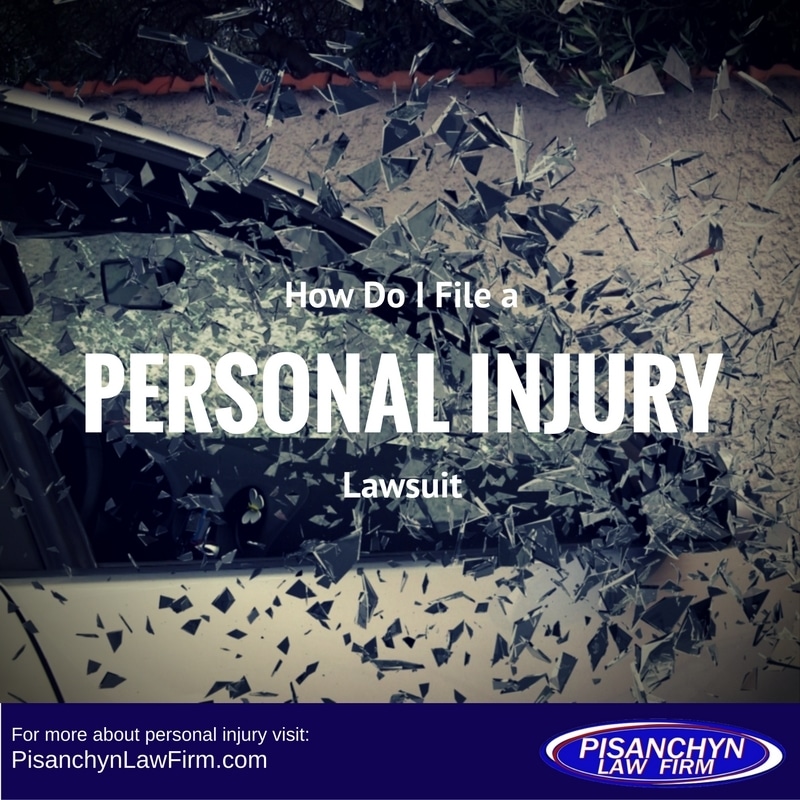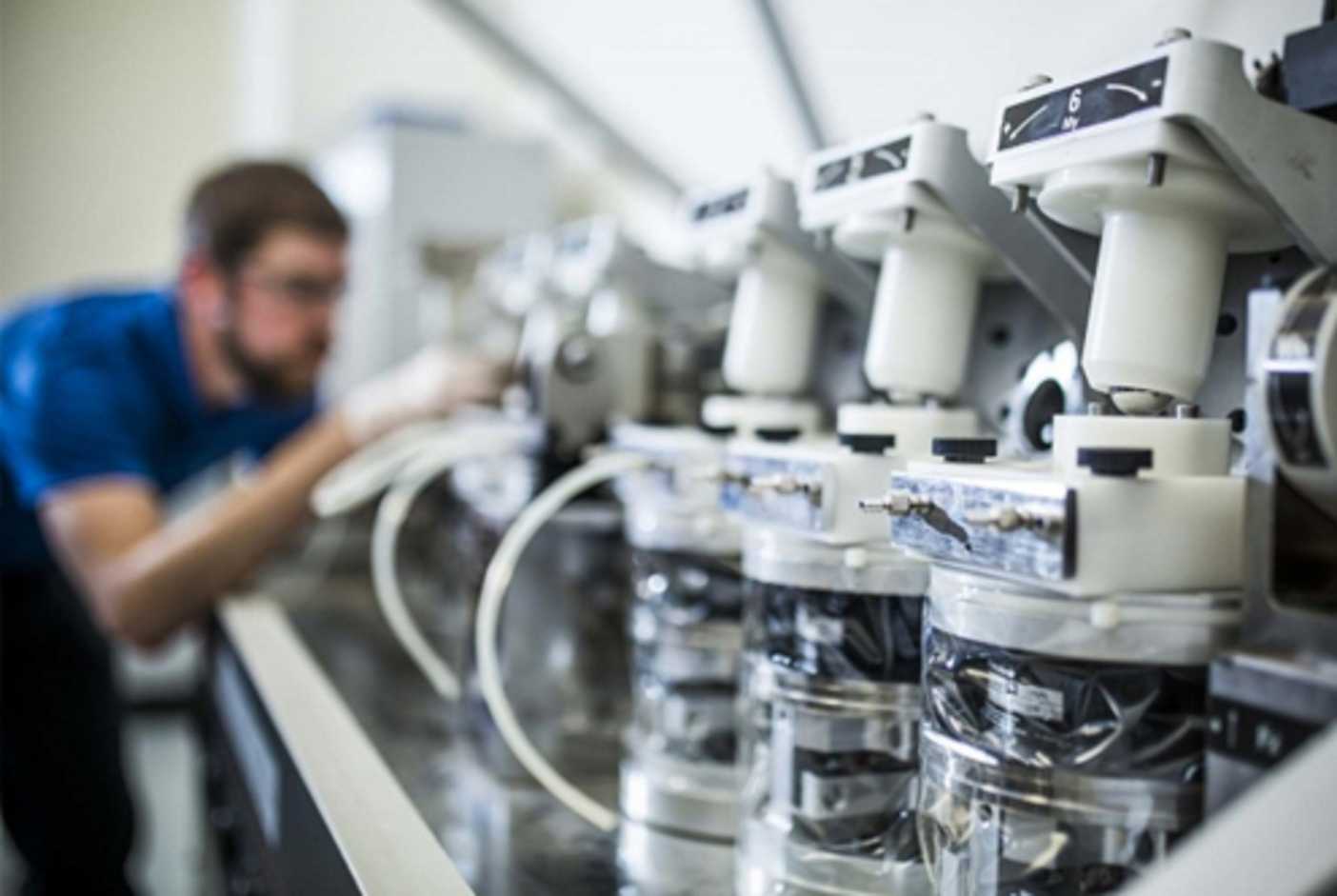Personal injury litigation refers to a legal process where an individual seeks compensation for harm suffered as a result of another person’s negligence or intentional actions. This can include physical injury, property damage, and emotional distress. The process typically involves filing a lawsuit, conducting discovery, negotiating a settlement, and possibly going to trial. The goal is to recover damages to compensate for the losses and expenses resulting from the injury.
Some examples of personal injury litigation include:
- Car accidents
- Slip and fall accidents
- Medical malpractice
- Product liability cases
- Dog bites
- Workplace accidents
- Assault and battery
- Wrongful death
- Defamation
- Construction site accidents.
The length of time it takes to resolve a personal injury litigation case can vary widely based on factors such as the complexity of the case, the jurisdiction in which the case is being heard, and the willingness of the parties to reach a settlement.
- In some cases, a settlement can be reached within a few months of filing the lawsuit.
- Other cases may take several years to resolve, especially if they go to trial.
- The discovery process, where both sides gather evidence, can take several months or more.
- If the case goes to trial, it can take several months or longer for a verdict to be reached.
- It is difficult to give a definitive timeline for how long a personal injury litigation case will take to resolve as it can depend on many factors. However, on average, a personal injury case can take anywhere from one to two years to reach a resolution.
The personal injury discovery process is a crucial stage of a personal injury litigation case where both parties gather information and evidence to support their claims. The following are the steps involved in the discovery process:
- Interrogatories: Written questions from one party to the other seeking information about the case.
- Depositions: Oral questioning of witnesses or parties under oath in a location outside of court.
- Requests for Production: Requests for documents or other physical evidence related to the case.
- Requests for Admissions: Requests for the other party to admit or deny specific facts related to the case.
- Expert witness disclosures: Identification of any expert witnesses that may be called upon to testify at trial.
The discovery process is an opportunity for both sides to gather information and build their cases. It can also help to identify any potential settlement opportunities by allowing the parties to assess the strengths and weaknesses of their cases. The discovery process can take several months to complete, and it is important that all parties fully comply with the requests made during this stage of the litigation.





